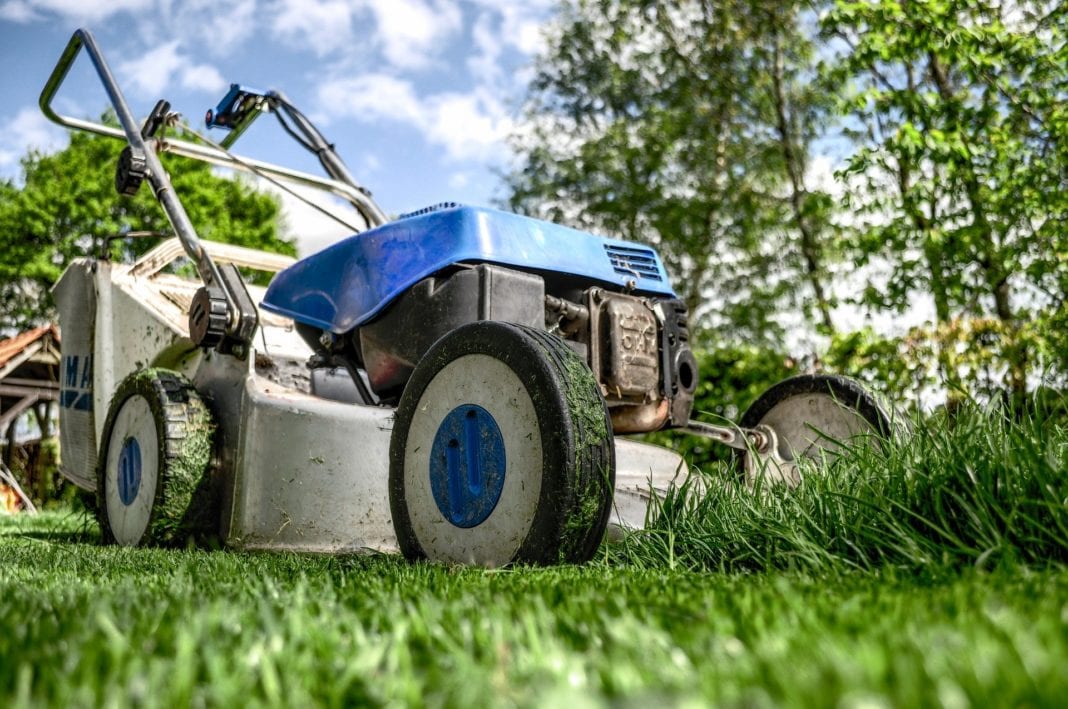Last updated on October 23rd, 2023 at 08:52 pm
The Finnish company Fiskars is best known for its knives, axes and pruning shears. However, the company also regularly conducts studies on how much time people invest in their own garden and which activities have a particular influence on their inner satisfaction. In summary, the current Happiness study, which is based on the large garden study of 2017, shows that people who regularly work in their garden are more satisfied.

The study was prepared by the market research institute Norstat, which surveyed people between the ages of 18 and 70 from seven countries in the European Union (EU) and the USA. In order to obtain representative results, the study includes a mix from non-gardeners to experienced hobby gardeners. Internationally, 75 percent of study participants said that working with their own hands in the garden increased their satisfaction.
- Connection with Nature: Gardening allows people to connect with the natural world. Being outdoors, tending to plants, and observing their growth can have a calming and grounding effect, reducing stress and increasing feelings of well-being.
- Physical Activity: Gardening is a physical activity that involves tasks like digging, planting, weeding, and harvesting. Regular physical activity can lead to the release of endorphins, which are known as “feel-good” hormones.
- Accomplishment: Watching your plants grow and thrive through your care and effort can provide a sense of accomplishment and purpose, contributing to a positive sense of self-worth and happiness.
- Mindfulness: Gardening often requires focus and attention to detail, which can be a form of mindfulness. It’s an opportunity to be present in the moment, which can reduce stress and anxiety.
- Healthy Food Production: For those who grow their own fruits and vegetables, gardening can provide a source of fresh, healthy produce, contributing to better nutrition and overall well-being.
Overall, the act of gardening can be a fulfilling and satisfying hobby that positively affects mental and physical health, and this is why it’s frequently associated with happiness and well-being in various studies and anecdotal reports.
Contents
Gardening instead of yoga, sports
As reasons for the positive effects of gardening, the Fiskars Garden Study 2018 cites above all, the stay in the fresh air and the deceleration, which leads to inner peace compared to the hectic everyday life. Nine out of ten study participants rate gardening as more relaxing than yoga, and four out of ten think gardening is better than sex.
In addition to relaxation, however, five out of ten European garden owners also use the work they regularly do as a workout to stay fit.
Bosch Power Tools study with similar results
Another study conducted by YouGov on behalf of Bosch Power Tools, a company known for its battery-powered lawn shears, for example, came to similar conclusions. During the months of March to October, Europeans spend eleven hours a week in the garden, according to the survey results, of which about six hours are spent gardening.
Bosch Power Tools also shows that gardening is often seen as a way to balance out a stressful daily routine and desk job. However, 65 percent of those surveyed also stated that they do not see gardening as an end in itself, but rather as a motivator to have a beautiful garden.
More time for the garden
The Global Green Space Report by Husqvarna, a company known among other things for its robotic mowers with GPS, surveyed 4,500 people from Europe, Sweden, China, Russia, the United States, Canada, Australia, Poland and France on the subject of gardening. The results showed that 16 percent of all European garden owners want to spend more time in the green. 63 percent also want their children to spend more time in their own gardens.
“Our goal is to help garden owners feel completely at home in their garden. In order for us to achieve this, we need to understand their attitude toward nature. We firmly believe that the global garden trend will continue to grow and that more and more people will learn to appreciate time spent in the green” explains Heribert Wettels from Husqvarna Europe.
Psychological profile of garden owners
The Global Green Space Report therefore examined not only how a garden is typically used, but also which characteristics are common among garden owners. It found that garden owners claim to have “a greater knowledge of green issues.” Twenty-two percent of European hobby gardeners even claimed to know “a great deal” about typical gardening tasks, while two percent consider themselves experts, according to their own statements.
On average, according to the study, garden owners in Europe are 46 to 65 years old, have a college or university degree and children. They also frequently stated that having their own garden was a hobby for them that they could easily combine with their family. Despite their academic training, a quarter of the study participants also stated that they would make gardening their profession if they had the choice.


